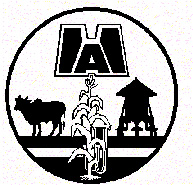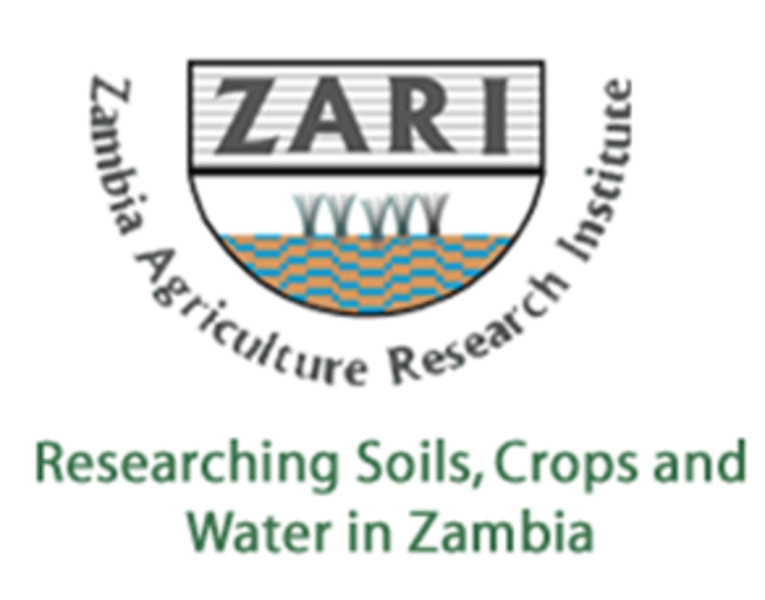Implementing a management system in peanut breeding programs
Principal Investigator

David Okello Kalule
NARO, Uganda
Co-PIs

Justus Chintu
DARS, Malawi

Lutangu Makweti
ZARI, Zambia
![]() Amade Muitia
Amade Muitia
IIAM, Mozambique

Graham McLaren
IBP
Work plan (May 2018 – April 2019)
Work with the PI and co-PIs at the assessment meetings to define a BMS delivery plan for the first year of the project. That plan will be developed at the country level, and will include: 1) the IT needs assessment and implementation plan; 2) a revision of breeding protocols (trait nomenclature, trial labeling, pedigree, etc.); 3) the use of the BMS, desktop version, for at least one crop season; 4) historical data migration as needed; and 5) training on statistical analysis within and across programs (meta-analysis).
May 2018 – Planning meeting and IT assessment (PI & co-PIs, 2 days, Kampala, Uganda?)
Jun/Jul – Training course on the BMS
Nov-Apr – Crop cycle using the BMS
May-Jun – Statistical course
Jul-Nov – Historical data migration, seed purity testing and data storage, with the possibility of migrating individual data sets to a project server. Initiation of a second crop cycle, if possible.
Adoption and implementation of digital data management system and analytical pipeline by groundnut breeding programs in Malawi, Mozambique and Zambia
Research/project objectives
To improve the efficiency of plant breeding programs in target countries by enabling plant breeders to access a modern analytical pipeline, breeding technologies/materials and related information, in a centralized, integrated and practical manner, to better deliver improved varieties that meet local farmers’ needs and market demand.
Relation to the overall mission of the Peanut Innovation Lab
Electronic data capture and integrated data management are critical to strengthen national breeding programs. Better data quality, including seed purity control, and the modern management of breeding information will ultimately enhance seed production of improved varieties in response to local environments, a Peanut Lab priority.
Rationale for including this activity as an initial activity
Proper data collection, documentation, analysis and storage are at the core of breeding activities focused on developing new varieties. As such, adoption of electronic data management is a key first step toward modernizing breeding programs, and will allow future projects (commissioned and competitive) to build on a solid informatics system.
For breeding programs to access the digital revolution requires proper IT infrastructure and equipment (e.g. internet connectivity, computers, tablets, data capture devices, etc.). Needs assessment and implementation of IT equipment and infrastructure will be a first activity in the project and will be conducted in collaboration with, and be informed by, a companion project that will assess priorities for each of the targeted breeding programs.
The Breeding Management System (BMS) of the Integrated Breeding Platform (IBP – www.integratedbreeding.net) has already been adopted in Uganda and in a number of African countries. Building on this experience at NARO, the project will aim to bring the other partners on board as a first priority, to allow proper data management within each of the groundnut breeding teams, but also to facilitate data exchange and joint analysis across teams. The adoption of best data management practices, and sharing of data and experiences across the 4 countries will ultimately result in market-preferred varieties reaching famers’ fields more rapidly.
How research outputs will enhance the competitively awarded research activities
Competitively-awarded research activities will benefit from modern and reliable crop information systems, well documented and improved flagship varieties with quality seeds, and better-equipped research partners.
